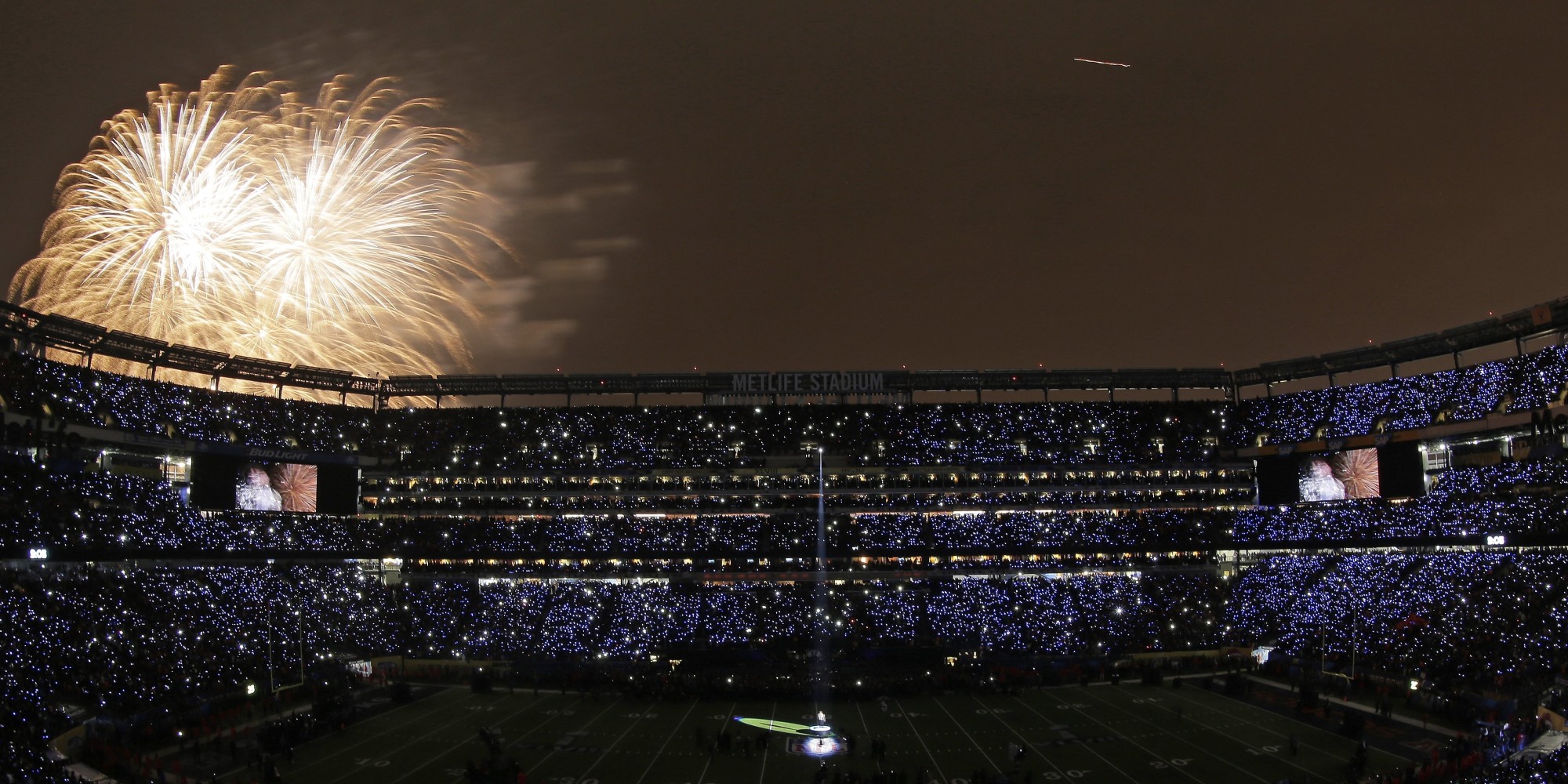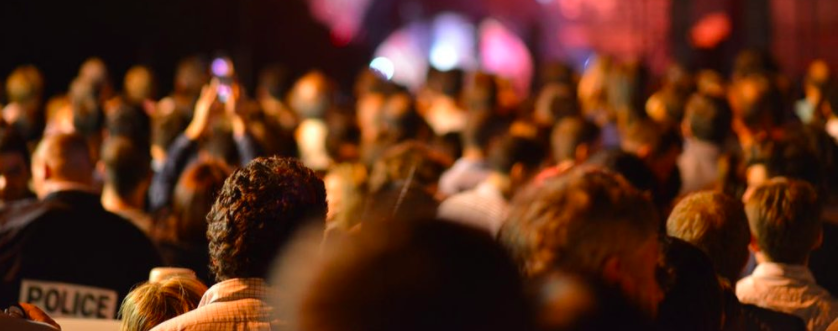What is the link between Trafficking & The Super Bowl?
As we prepare for the American Super Bowl this coming Sunday, you might see headlines like this one start to pop up in your local newspapers:
"Super Bowl known as largest human trafficking event in the world."
Headlines like these often evoke momentary outrage as they receive “15 minutes of fame” in the press before being forgotten altogether. Additionally, they are often spoken by people of influence who, while well-intentioned, are not experts on human trafficking specifically and do not have quantifiable evidence to back up their statements.
Regardless of their good intentions, comments like the one above misconstrue the complexity of the problems associated with human trafficking and perpetuate mass miscommunication about how to solve these problems. In order to create sustainable and meaningful solutions that will free the millions of individuals caught in modern slavery today, it is imperative that we first look at data to holistically understand the issue at hand.
So what data is out there?
Carnegie Mellon University recently conducted a study that reviewed 33 events similar to the Super Bowl within the United States from October 2011 to February 2016, as well as in Canada from July 2013 to February 2016. Their researchers focused on over 32 million online sex ads that specifically referenced “new-to-town” escort services. They found that while the “new-to-town” ads did increase around the Super Bowl, there were other more significant increases in postings connected with events other than the Super Bowl.
Another study done by the McCain Institute for International Leadership with Arizona State University found that approximately 65% of the sex-ads that were posted surrounding both the Super Bowls in New Jersey and Arizona were flagged as possible victims of sex trafficking. However, for both the Northern New Jersey and Phoenix area, the sex market grew between 57.6% and 30.3%, respectively, within the 2015 calendar year. As the New Jersey sex market grew marginally more than the Phoenix sex market that year -- which is where the Super Bowl was located in 2015 -- this indicates that there must be other contributors to this spike in the market.
These findings from Carnegie Mellon University and The McCain Institute for International Leadership show us that the issue of human trafficking is as comprehensive as it is wide-ranging. It is smart to be skeptical of articles from sports magazines that refuse to recognize any correlation between sex-trafficking ads and major sporting events, as well as those articles that seek to tug on your heartstrings while providing little empirical data to back up their statements.
"These findings from Carnegie Mellon University and The McCain Institute for International Leadership show us that the issue of human trafficking is as comprehensive as it is wide-ranging."
Where do we go from here?
The 2017 Super Bowl in Houston proved to be a prime example of how law enforcement, city officials, nonprofits and other advocates can use their national spotlight to shed light onto the issue of human trafficking that not only Houston but the country as a whole faces today. City of Houston Mayor, Sylvester Turner emphasized the need to recognize that crime happens every day, not just surrounding the Super Bowl. Additionally, he utilized the press spotlight to highlight the city’s strategies aimed at overcoming this issue in its entirety. His office provides resources and toolkits that give citizens the chance to become educated advocates who understand how human trafficking is happening in their city.
You too can educate and be educated on what meaningful advocacy against human-trafficking looks like in your community, and beyond. We often sight awareness as the first step in bringing an end to modern-day slavery, but it is also imperative that we remember to be mindful in our awareness as information can so easily be taken out of context or mistakenly cited after it is shared.
"Crime happens every day, not just surrounding the Super Bowl."
So is there a correlation between trafficking and the Super Bowl at all?
There is indeed a correlation between large sporting events like the Super Bowl and the number of sex ads that are posted. This correlation has allowed law enforcement to make arrests that they otherwise might not have. The Super Bowl and other events like it can draw hundreds, if not thousands of visitors, many of whom are male, to a single host city looking for a weekend of “fun.” This can lead to an increase in the desire for quick, meaningless sex which then increases the demand for sex workers in that town. Human traffickers will recognize this and traffick their victims specifically to that location surrounding the event.
Here are a few simple steps you can take today to begin your very own advocacy against modern-day slavery:
Find the experts. Who in your community or surrounding communities are already working to understand human trafficking? What kind of information do they have available? Here are some examples to get you started!
Get involved. What kind of organizations exists in your community that works against modern-day slavery or other issues surrounding it? What are they doing, and what can you do to help them?
Get others involved. Modern-day slavery is not something we can eradicate single-handedly. It requires a plethora of different kinds of people with different skill sets and talents. Know someone who could help? Enlist them in the fight.
How does Dressember fit into all this?
Dressember seeks to educate and equip communities of advocates who will speak out before, during, and after events like the Super Bowl in order to seek freedom and dignity for all. This campaign goes far past wearing a dress or bowtie for 31 days. We are a rising force that is demanding justice and seeking sustainable solutions to eradicate modern slavery once and for all.
Now you know.
Now you understand.
Will you join us?
XO
About the Author
Beth Woods is a lover of all things outdoors, animals, and random dance parties in the car. She lives in College Station, Texas where she is studying international relations and French at Texas A&M University and hopes to continue advocating against slavery for her career someday.








